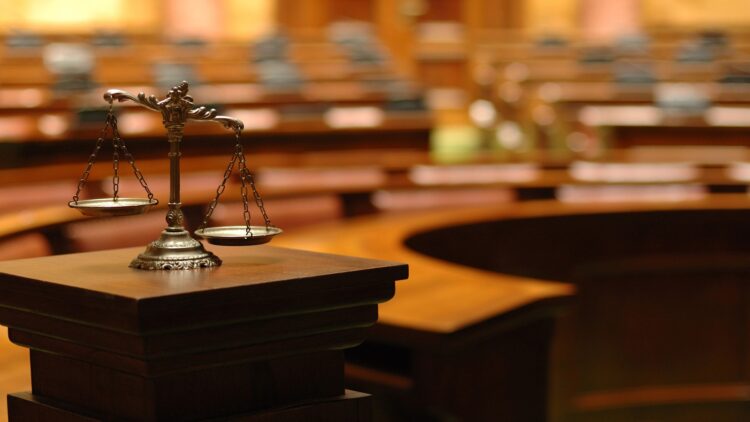Sudan has been waiting a long time for the civil war in Khartoum to set up the national government yet again and, government officials have already made arrangements to evaluate the pre-rational setup. After a long wait, the capital, Port Sudan, hopes to reconnect with its transitional leadership. This whole arrangement would need to be completed by October.
People are working to ensure the provision of all basic services
This move has been exported to pave the way for the settling down period after the civil war.
Equally, the arrival of Malik Agar, Deputy Chairman of the Sovereign Council and Lt Gen Shams al-Din Kabbashi, Deputy Commander of the Sudanese Armed Forces in Khartoum on August 23 to assess the city’s readiness in terms of infrastructure and security is indicative of this.
Equally, the arrival of Malik Agar, Deputy Chairman of the Sovereign Council and Lt Gen Shams al-Din Kabbashi, Deputy Commander of the Sudanese Armed Forces in Khartoum on August 23 to assess the city’s readiness in terms of infrastructure and security is indicative of this.
One aspect of the visit involved restoring basic services. Agar met with Khartoum State Governor Ahmed Osman Hamza in Karari, an army-controlled area, and reviewed improvements on public utilities. Hamza said all the public water stations are working and the main roads are cleared. These are important steps in preparing for the return of the displaced civilians, many of whom crossed to the region and to the countries outside Sudan.
Malik Agar added:
“There is a need for closure in society to the aftermath of the construction and the war.” This reaffirmed the neutral remarks on the need for reconciliation, the return of arms, and the civil unrest.”
Security is an important gap, even with infrastructure repairs. Kabbashi’s separate briefing for the new army general staff dealt with the military situation. The army has captured key spots, such as Karari, but much of Khartoum is still unstable. The RSF’s presence and the dispersal of arms to civilians are still a serious threat to stability.
Agar also states:
“A substantial amount of work is required to convert the consequences of the war into constructive actions and to address the impacts of the conflict through societal reconciliation.”
The leaders’ visit highlights the importance of a secure environment
The army’s recent territorial gains limit the opportunity for advancement. Long-term peace will require coordinated civilian and military actions.
While optimism exists about the October return, the scope of the work will take time and resources. Trust, unity, and infrastructure are the key pieces to a divided society. Hospitals, schools, and numerous landmarks were severely damaged. To returning residents, unexploded ordnance adds to the danger.
In 2023, the government chose to move to Port Sudan to escape the quickly escalating violence in Khartoum. With the capital stabilizing, the government will focus on ruling from Port Sudan.
In 2023, the government chose to move to Port Sudan to escape the quickly escalating violence in Khartoum. With the capital stabilizing, the government will focus on ruling from Port Sudan.
Hamza on the progress of the infrastructure:
“All water stations are now functional and main roads have been cleared of the debris left by months of fighting.”
His statement shows the concrete actions taken to repair essential services to welcome back the central government and displaced citizens.
The close return to governance carries symbolic importance
Displaced Khartoum residents will demonstrate to the population and the world the restoration of governance and the return to a state of normalcy. This will rebuild hope and confidence in Sudan’s transition. With the October deadline nearing, the government needs to build the infrastructure, protect the city, and ready the reintegration and resettlement of the city’s displaced people in time.
The successful completion of this task may transform Southern Sudan’s post-conflict recovery and stabilize the region for a better future. Until now, the visit by Agar and Kabbashi has been a form of symbolic progress for the country as it shifts from conflict to a reconstruction phase, and as such, it carries a momentous optimism. However, the expectation feels very pessimistic due to the amount of work that is still waiting to be finished.


